Exploring the Versatility of Induction Melting Furnaces in Metal Processing
Induction melting furnaces are powerful and versatile tools widely used in various metal processing industries. Their ability to efficiently melt and heat a wide range of metals makes them indispensable in applications such as foundries, metal casting, and metal fabrication. In this article, we will explore the versatility of induction melting furnaces and how they contribute to different aspects of metal processing.
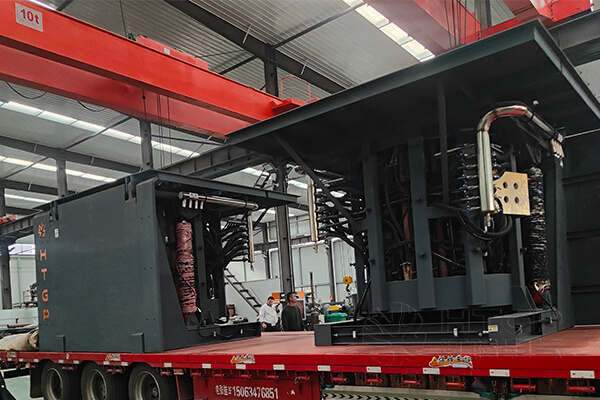
Melting and Alloying
Induction melting furnaces are primarily known for their ability to melt metals. They can handle various types of metals, including ferrous and non-ferrous alloys. From iron and steel to aluminum, copper, and precious metals like gold and silver, induction melting furnaces provide a reliable and efficient means of transforming solid metals into molten form. Moreover, these furnaces enable the precise control of temperature and alloy composition, allowing for the production of customized alloys tailored to specific applications.
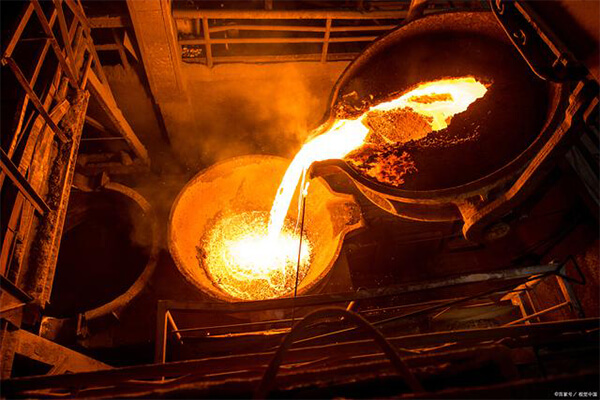
Casting and Foundries
Induction melting furnaces are extensively used in foundries for metal casting processes. Once the metal is melted, it can be poured into molds to create intricate shapes and components. The ability of induction furnaces to achieve high melting rates and maintain consistent temperature control ensures the production of high-quality castings with minimal defects. The versatility of these furnaces allows foundries to cast a wide range of products, from small intricate parts to large industrial components.
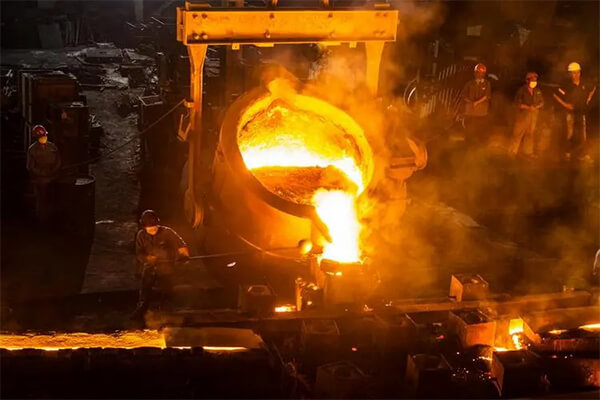
Heat Treatment
Induction melting furnaces are also employed in heat treatment processes, such as annealing, hardening, and tempering. After a metal component is cast or fabricated, it often requires specific heat treatment to enhance its mechanical properties and durability. Induction furnaces provide precise and localized heating, allowing for controlled heat treatment processes that result in improved strength, hardness, and desired metallurgical characteristics.
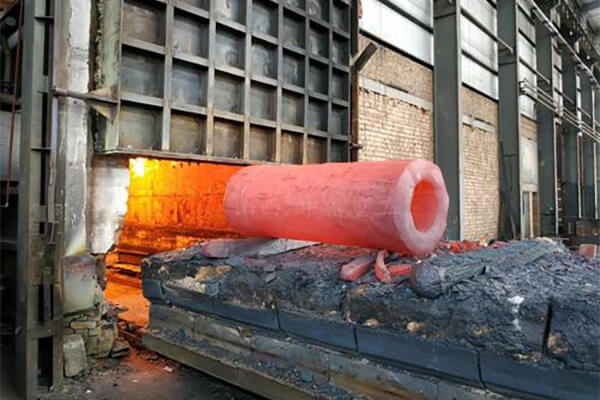
Metal Recycling
Induction melting furnaces play a vital role in metal recycling operations. They can efficiently melt down scrap metal, including discarded components, machinery, and industrial waste, for reuse in various applications. The versatility of induction furnaces allows for the melting and purification of different metal alloys, enabling the production of recycled materials with consistent quality and performance.
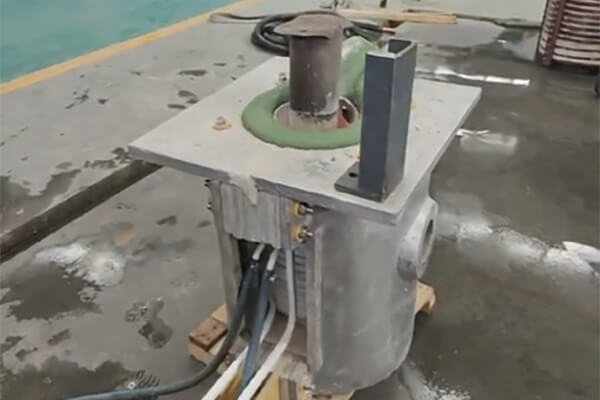
Metal Fabrication
Induction melting furnaces are utilized in metal fabrication processes such as forging, rolling, and extrusion. By melting metals to the desired temperature, they enable the shaping and forming of metal into different profiles, sheets, rods, and tubes. The precise temperature control and rapid heating capabilities of induction furnaces contribute to efficient and accurate metal fabrication processes.
Research and Development
Induction melting furnaces serve as essential tools in research and development laboratories and academic institutions. They enable scientists and researchers to study the behavior of different metals under specific conditions, aiding in the development of new alloys, materials, and manufacturing techniques. The versatility of induction furnaces allows for precise control of parameters such as temperature, atmosphere, and alloy composition, facilitating advanced research in metallurgy and material science.
Jewelry Making
Induction melting furnaces find applications in the jewelry industry for melting and casting precious metals like gold, silver, and platinum. Jewelers can create custom-designed pieces by melting the desired metal and pouring it into molds. The accuracy and efficiency of induction furnaces contribute to the production of high-quality jewelry with intricate details and excellent surface finish.
Aerospace and Automotive Industries
Induction melting furnaces are utilized in the aerospace and automotive sectors for the production of critical components and parts. These furnaces ensure the precise melting and casting of metals used in engine components, turbine blades, gears, and other high-performance applications. The versatility and reliability of induction furnaces contribute to the production of durable and high-quality components that meet stringent industry standards.
Medical and Dental Applications
Induction melting furnaces are also employed in the medical and dental fields for the production of specialized instruments and implants. These furnaces enable the melting and casting of biocompatible materials like titanium and stainless steel, ensuring the production of safe and reliable medical devices. The precise temperature control and efficient melting capabilities of induction furnaces contribute to the fabrication of complex medical instruments and implants with exceptional quality.
Energy and Power Generation
Induction melting furnaces are utilized in the energy and power generation industries for the production of components used in turbines, generators, and electrical systems. These furnaces enable the melting and casting of metals with high heat and electrical conductivity, ensuring the efficient production of components that meet the demanding requirements of energy production applications.
In Conclusion
Induction melting furnaces play a crucial role in metal processing due to their versatility and efficiency. From melting and alloying to casting, heat treatment, and metal fabrication, these furnaces contribute to various industries and applications, enabling the production of high-quality metal components and products.

